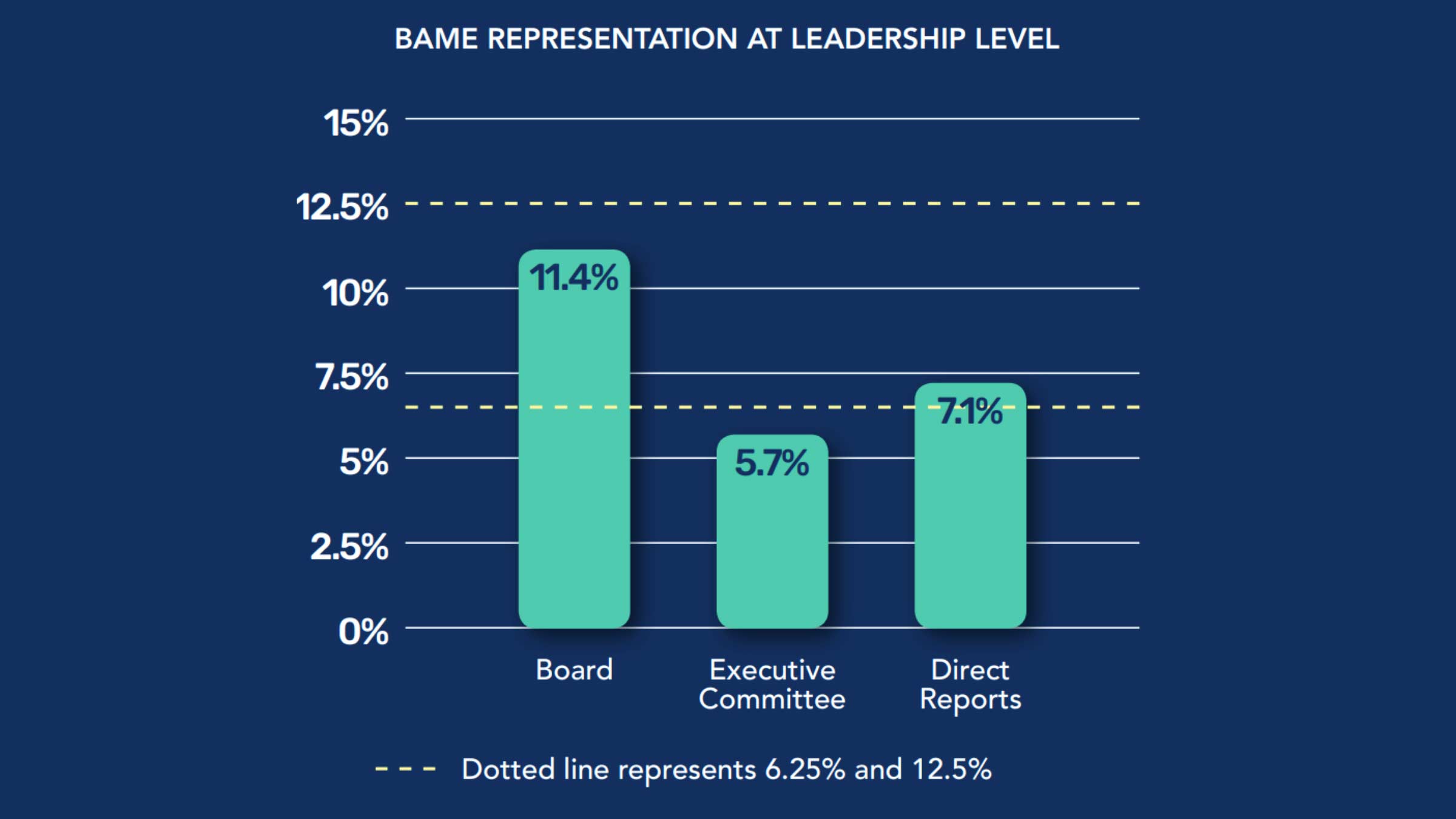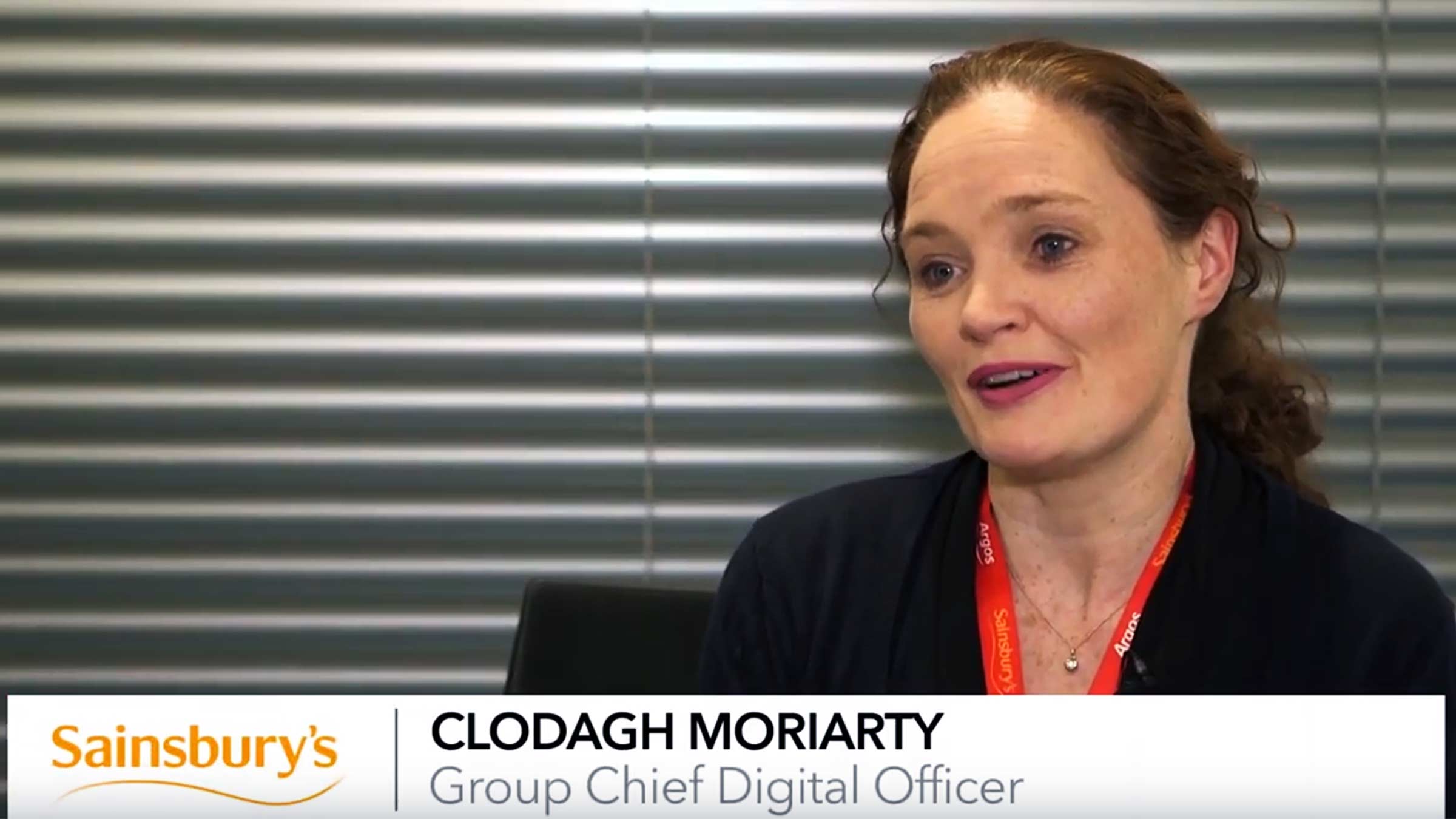MBS is proud to have been championing diversity for over thirty years – so it was a real privilege to partner with the IGD and PwC to produce a first-of-its-kind report, giving an honest appraisal of the status of diversity and inclusion across the entire food and grocery sector, covering grocery retail, FMCG and food manufacturers.
As a sector, grocery has become increasingly data led. However, both at an individual company and a sector-wide level, our industry has a real paucity of available information on diversity and inclusion. With the understanding of “what gets measured, gets done” our Diversity in Food and Grocery report, launched earlier this week, aims to counter this issue. Based on data collected from 200 leading companies, and conversations with more than 100 Chairs, CEOs and HRDs, the research offers a snapshot of diversity today and provides a benchmark against which companies can measure themselves against their peers and adjacent industries/sectors.
The report measures how companies are performing on areas of diversity including gender, ethnicity, sexual orientation, disability, age, nationality and social mobility – and benchmarks the sector’s results against national averages. Our key findings are summarised below:
On gender:
• On leadership teams, an average 27.6% of Board roles are occupied by women, 22.2% of Executive Committee members are women and 35.9% of Direct Reports are women. Whilst there is therefore a strong pipeline of female talent at the level beneath Board, who will undoubtedly be the ExCo and Board members of the future, it is clear our sector has a long way to go to meet the Hampton-Alexander Review target of 33% women on Boards by next year
• Less than 10% of Chair, CEO and CFO roles in our industry are held by women. This lack of women in these most senior positions is consistent with almost every other sector – however, it is nonetheless a striking reminder of how far we must go in food and grocery to achieve real gender parity in leadership
• Female leadership varies widely by function. For example, perhaps unsurprisingly, only 9% of the most senior functional heads of manufacturing or operations are women – whilst the split is close to 50/50 in marketing, and over 70% of the most senior HR roles are held by women. Perhaps our sector needs to do more on a function-by-function basis to attract and retain better female talent – in much the same way that companies like easyJet are doing with pilots in the airlines sector?
On ethnicity:
• 11.4% of board members are Black, Asian or Minority Ethnic – very close to reflecting the UK working age population at large (12.5%). However, only 5.7% of Executive Committee members and 7.1% of Direct Reports are BAME. This is broadly in line with the 6.25% of business leaders in the UK who are BAME.
• Looking beneath these headline figures, ethnic diversity however varies significantly across individual companies. While one company surveyed had 80% BAME leadership on their ExCo, 83% of companies in our sector have no BAME leaders on their ExCo and almost half of companies have no BAME Direct Reports to ExCo.
With regard to LGBTQ leaders, we found that 27% of companies could identify someone within their wider leadership team who is openly LGBTQ. From an inclusion point of view, our sector is obviously doing some great work – in particular, working with external organisations such as Stonewall or engaging with awareness events such as Pride – however, it is perhaps notable that not a single company from the food and grocery industry made the latest Stonewall list of Top 100 Employers, so it is perhaps worth considering how attractive our sector overall is to LGBTQ leaders.
On disability, 15% of companies interviewed could identify someone within their wider leadership team who is physically disabled. Notably though, we were unable to identify anyone with a physical disability at ExCo level across the 200 companies we surveyed.
When we looked at social mobility, 70% of our interviewees believed that food and grocery is one of the best industries for promoting social mobility and in our research we found that all of the grocery retailers we spoke to have enacted programmes designed to improve social mobility. However, when we explored the old idea that you can make it from the shop floor to CEO in the food and grocery industry, we found very few examples. Looking at the CEOs of a sample of grocery retailers and food manufacturing businesses over the course of the last 30 years, we found that just 19% of grocery retail CEOs over the 30-year period had started their career on the shop floor, while the same was true of 12% of CEOs in manufacturing.
The final element of diversity we considered is the nationality of leaders in the sector – an often-overlooked element of diversity that will likely become increasingly relevant in the context of our changing relationship with the EU. In our research, we found that 83% of ExCo members are British nationals within the food and grocery industry. That compares to a cross-industry average of around 72% across the FTSE 350. Clearly, as we look to ensure that British food and FMCG businesses remain internationally competitive, we will need to work hard to ensure that our workforce remains nationally diverse – representing the international nature of our sector.
PwC’s analysis in the report clearly outlines the business case for diversity – yet, less than 40% of the grocery businesses in the report’s survey say that the primary objective of their diversity and inclusion strategy is achieving business results. The others could be missing out: looking at diversity and inclusion through a commercial as well as people lens is a huge, but still largely untapped, opportunity to boost sales and customer advocacy. As PwC outlines:
• Diverse businesses create better outcomes
• Diverse businesses create better business returns
• Diverse teams are more innovative and create more value
• Diverse businesses are more attractive to potential and existing employees.
It is clear that the food and grocery sector can be proud of the genuine progress it has made to date, and that we have a real collective desire to engage in D&I and attract and retain diverse talent. We were particularly buoyed by hearing stories from companies leading the way on diversity and inclusion, and we have included a few select case studies from these organisations, each at different stages of their D&I journey, at the end of the report and in this short video.
We hope that this report, which you can read in full here, will provide businesses with an understanding of the status of diversity and inclusion in the sector – and will give some insights into how other companies in our industry have succeeded in moving their own D&I dial. The MBS Group will continue to be an advocate of diversity and inclusion, and it is our hope that this report will play some small part in driving positive change across the industry. Your feedback or responses to the report would of course be hugely appreciated!
Elliott.goldstein@thembsgroup.co.uk | Huw.llewellynwaters@thembsgroup.co.uk | @TheMBSGroup











